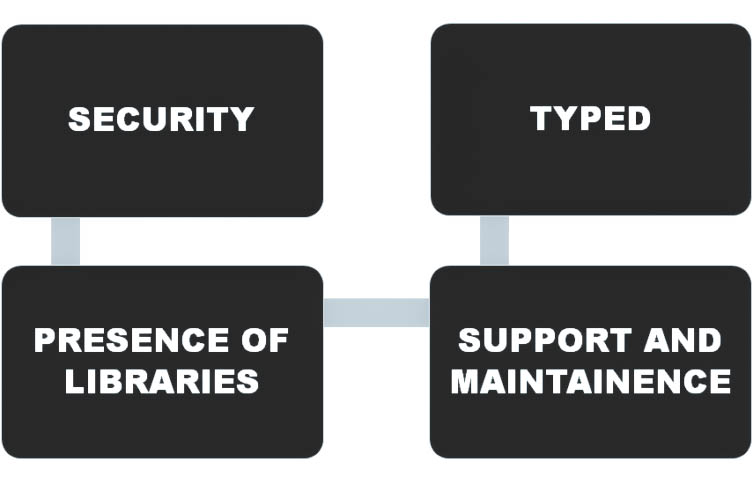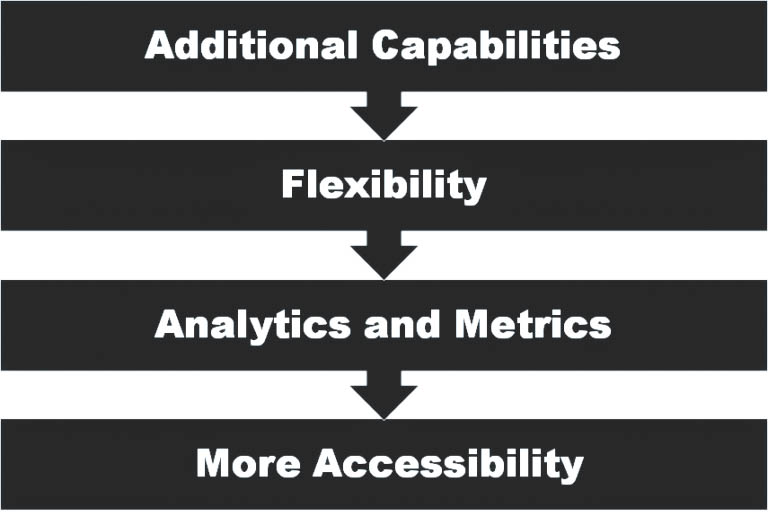Introduction to Cloud
Technologies are updating with a higher speed as per the requirements. It is not only with the technology but also with our daily routines, lifestyles, system update, version update. We keep updating ourselves and our systems too as it adds more features and new capabilities.
Companies are switching to Cloud for almost all their work and operations to automate their maximum processes. Cloud is centered on automation.
Cloud is like a server that runs all the software and applications and it doesn’t require physical space in the organization. Cloud has the ability to give you access to your files from any device. All organizations are approaching and investing on a bigger scale in the cloud.
Java
Java is a high-level, object-oriented programming language. It is used as one of the most secure programming languages. It is used to create web applications, desktop applications, and games. Java is one of the most usable languages by developers worldwide. As per Oracle analysis, around 12 million developers use Java for the development of web applications.
Why do we use Java for Cloud?

- Security– Java provides better security in comparison to other languages. JDK is created with full consideration of security. The presence of Secure class loading and verification mechanism is the characteristic of java.
- Presence of Libraries– The huge amount of libraries in java that provides better security and implementation to the codes.
- Support and Maintenance–Java provide you with continuous support in terms of IDE. In java, it is easy for you to fix bugs and compile your program.
- Untyped– Java is a typed language, unlike other programming languages. Every variable always declares with a datatype. The variable is incomplete without the presence of datatype in java.
Why do we need the cloud for Java???
Many organizations are currently using the cloud considering its potential to grow. Java applications consist of a huge amount of coding and implementation and the cloud helps to manage it.

- Additional Capabilities-You can go to the cloud and directly add on any number of services you want for the cloud. Resources use is on you completely that how many resources you want to use.
- Flexibility-Cloud will provide you with the right amount of resources even if the load is high. When the load is low then the same resources are going to be available for the other clients.
- Analytics and Metrics– It will provide you complete access to an analytics dashboard where you can see the actual metrics, use of your resources, profit, and many other performance derivatives.
- More Accessibility– You will be able to access all your services on every device and it will accessible to you worldwide at any system.
Comparison to other languages
When you write a code in C it is tough to manage the memory and if you make a mistake in C, the application can crash and it will spoil all your work but that’s not the case with java cloud as it provides more security to you with storage.
Java Cloud Development Tools

- Oracle Java Cloud Service-It is one of the platform services offerings in the oracle cloud. When you create an instance in oracle cloud it provides you the choice to use your environment.
- AWS SDK for Java– Amazon provides scalable, reliable, and scalable java applications on the cloud. API’s available for AWS services includes AMAZON EC2, DYNAMODB, AMAZON S3. They will provide you with the documentation for deploying your web applications on the cloud.
- OpenShift– It is a platform as a service provided by Redhat. It allows you to develop your java applications quickly.
- IBM SmartCloud-It provides many services, a platform as a service, Software as a service, infrastructure as a service using different deployment models.
- Google App Engine– In the google app engine it is easy to create your web applications. It allows you to maintain your apps you just need to upload your application and you are done with it.
- Cloudfoundry-Its a platform as a service developed by VMWare. It helps you to develop your whole product from start to end which is the complete software development life cycle.
- Heroku Java– This Cloud platform is a Platform as a service that allows you to develop your applications the way you want with more features.
- Jelastic-Its an unlimited platform as a service that provides better availability of applications. perform Vertical and horizontal scaling.
CONCLUSION– Diversion to the cloud is helpful for java developers to deploy their applications on the cloud and manage them in a better way.
“Either way it is java for the cloud or the cloud for java it helps you to create the applications faster with the optimized cost.”
Thanks For Reading
Read More on Aelum Blogs
Author: Rati Kumari Jha
Designation: Technical Content Writer








